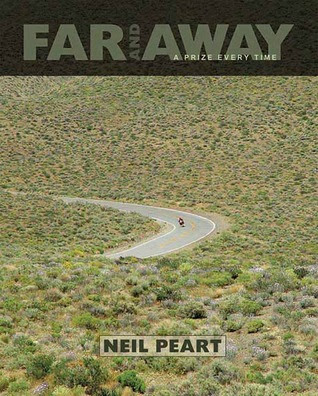Grandpa dropped his glasses once in a pot of dye, And when he put them on again he saw a purple sky. Purple birds were rising up from a purple hill, Men were grinding purple cider at a purple mill. Purple Adeline was playing with a purple doll, Little purple dragonflies were crawling up the wall. And at the supper table he got crazy as a loon, From eating purple apple dumplings with a purple spoon. (Leroy F. Jackson) It does not happen often but when it does, I try not to act surprised. "Why do you wear glasses?" The answer is simple: so I can see. Without them, the world is a blur. "Why don't you wear contacts?" Because I wear tri-focals AND my glasses are treated as such that, when in the sun, the lenses darken, protecting my eyes from the glare. "Don't they bother you?" No. I forget they are there. In some ways, our thoughts are like grandpa's glasses. We view the world through a set of lenses, assuming everything




